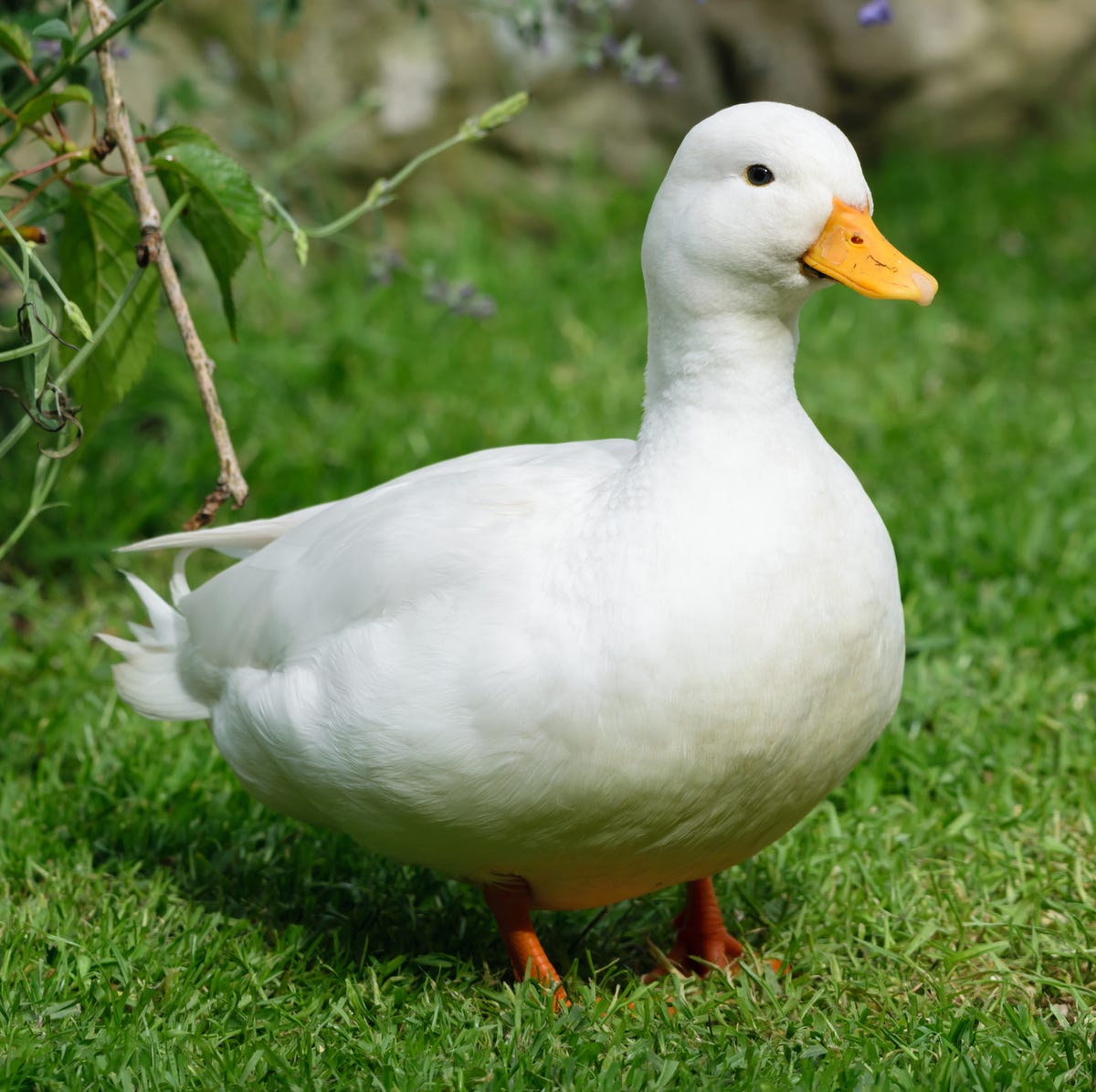Boredom During a Pandemic
So now we are sheltering in place. That’s a phrase we hear rarely – it usually means there’s a riot or an active shooter. And it usually applies to people elsewhere – not to us.
Events have given us something we often long for: Time off. Time without agenda. Time without the normal demands of most other people. But we didn’t choose it – it was imposed from the outside. And now that we’ve got all that time, many of us don’t quite know what to do with it.
Like most things that annoy us, this gives us an excellent opportunity to practice. But I, for one, have just begun to take advantage. It was hard to get my butt to the cushion. So many screens to look at! Gotta keep abreast of the news! Lots of silly dog pictures to look at. New season of Castlevania, y’know.
And thus I’ve arrived at boredom. So soon! How do I structure all that time? What to do? Trungpa Rinpoche taught a lot about boredom. He considered it essential to the practice of meditation. We start out with “hot boredom,” that feeling that we’ll jump out of our skin if we don’t find something interesting. We hate hot boredom – it’s so uncomfortable, itchy, agitating. We’ll do almost anything to escape it.
In other words, we can’t tolerate the reality in which nothing is entertaining us. We want the world to produce a show to keep us occupied; and if it refuses, we’ll create our own show of agitation and distress to fill up the empty space.
A crucial part of the path is to recognize hot boredom as our own reaction against stillness, which we don’t know what to do with. It’s just a jumble of thoughts and feelings and thus purely our own creation – it has nothing to do with the reality of nothing-happening. When nothing’s happening, we feel lost. We’re accustomed to orienting to events, happenings, (dare I say) drama.
The realization that this upset is just another thing the mind creates allows us to relax a little and observe it. We don’t have to believe that the situation is itself upsetting. I’m doing it. That means I have the ability, currently realized or not, to refrain from being upset. So, what is boredom when I’m not distressed by it?
Oddly, cool boredom (as Trungpa described it) is refreshing. If we don’t struggle to fill in the empty space – if we don’t conceive of it as a problem – all we have to do is sit in the middle of it and breathe. All we have to do is be. Granted, most of us don’t know how to do that. Thus the hot boredom. But if we allow ourselves to sit with boredom – if we don’t immediately banish it by making something happen – we discover that this is what it means to not be stressed. Reality makes no demand upon us, other than to breathe and be as we are at that moment. We’re not called upon to judge or to justify or to correct or to live-up-to or or to conform or…
Trungpa Rinpoche taught that we don’t have to be afraid of who we are. That is basic goodness. Most of our lives, we’re terrified of who we are – profoundly frightened that anyone (including ourselves), might catch a glimpse of that core person. Boredom is one of the fundamental paths through which we can approach an experience of our own basic goodness.
If we tolerate the boredom that sheltering in place offers – if we allow ourselves to make friends with it an notice its details with a friendly mind – we can catch ever-greater glimpses of a cool, gentle experience of nothing-happening.
— Will Handy


